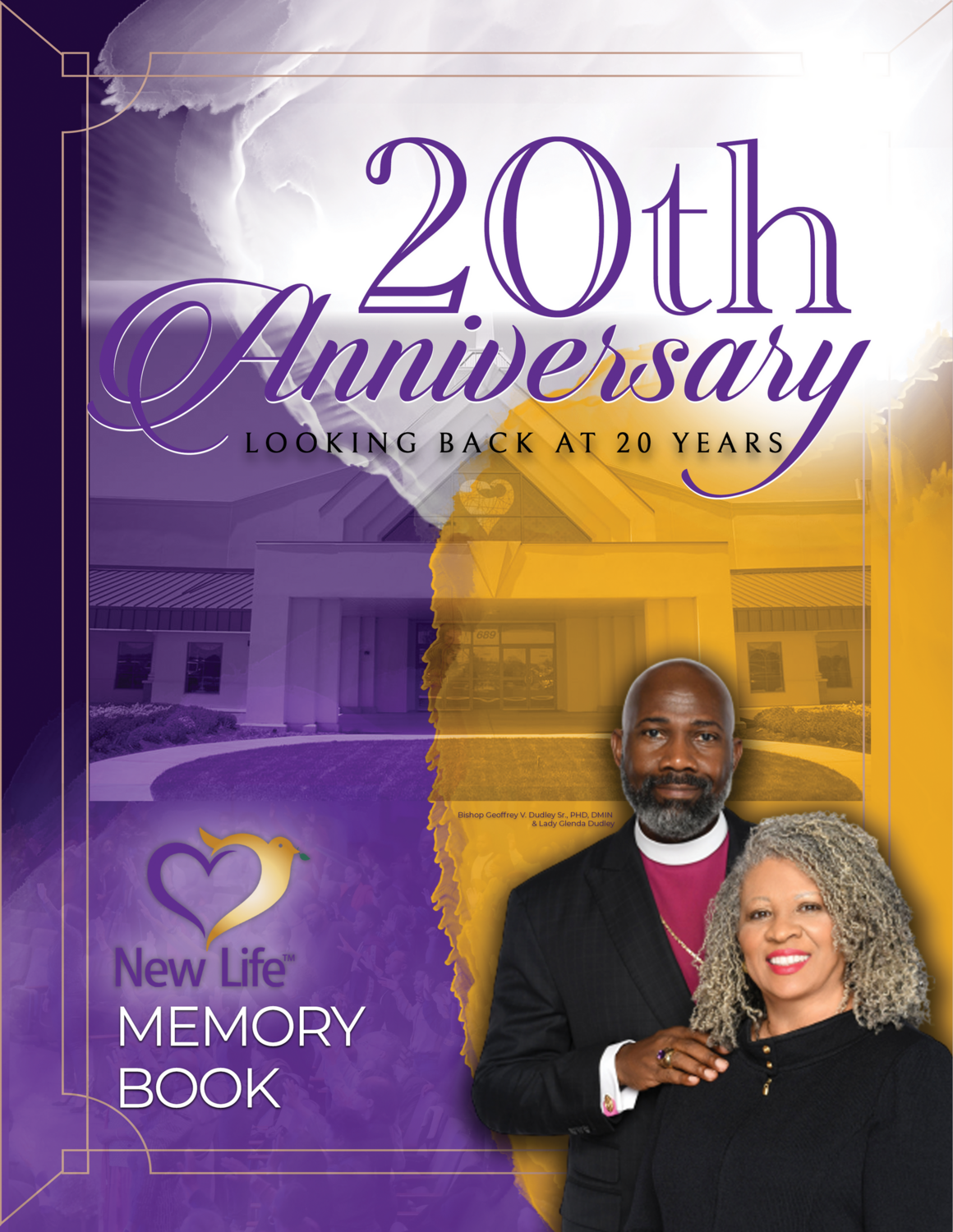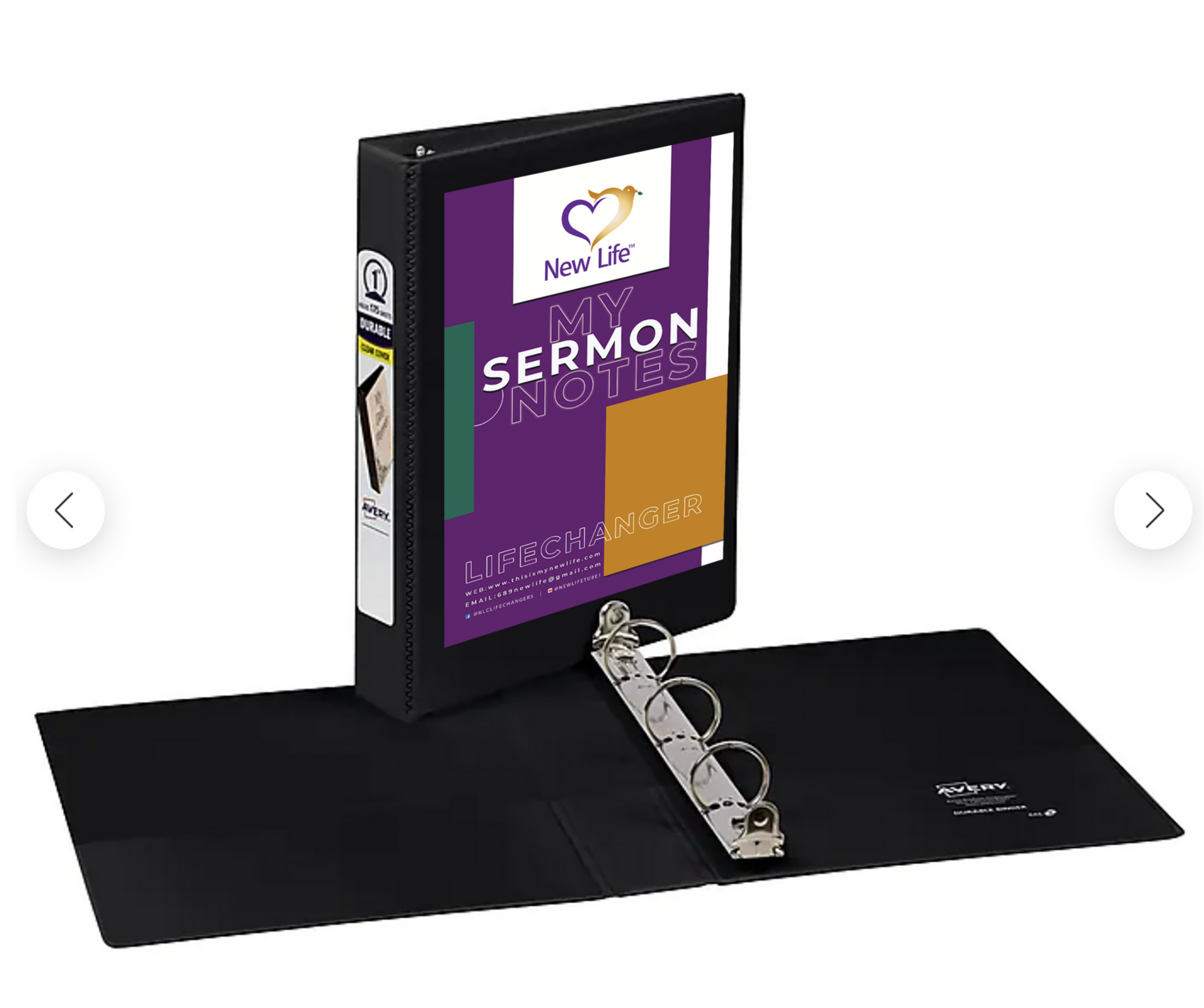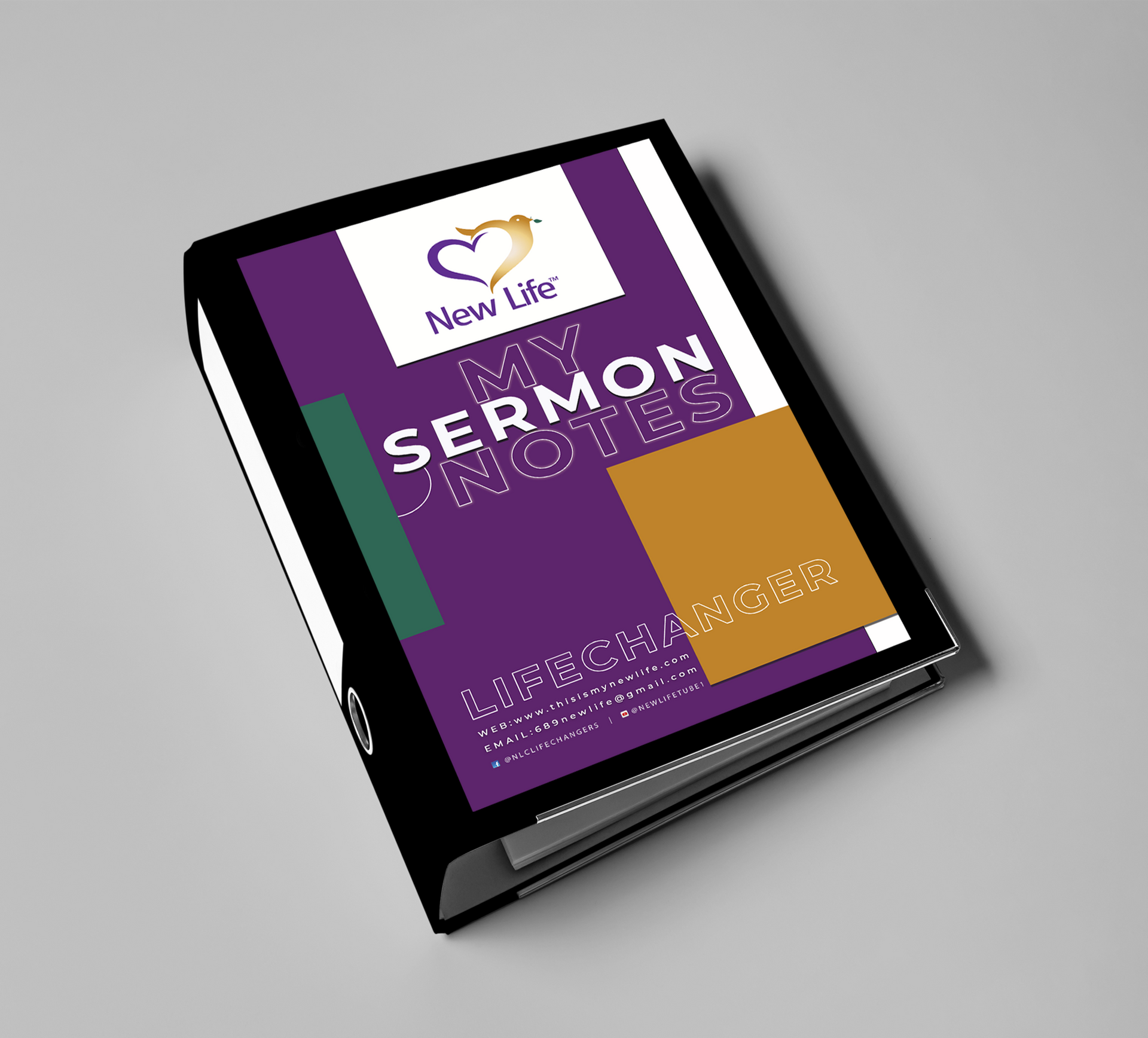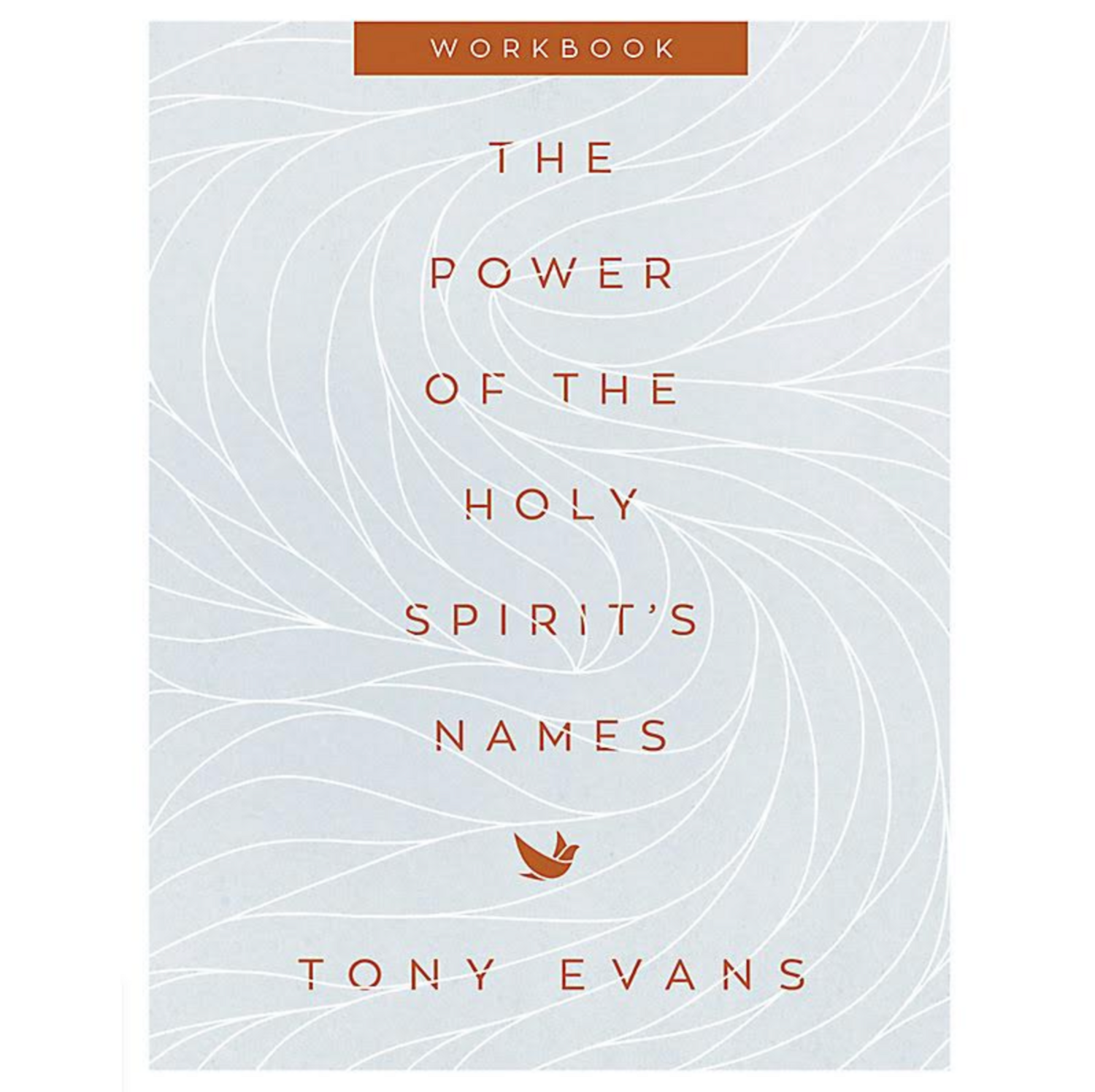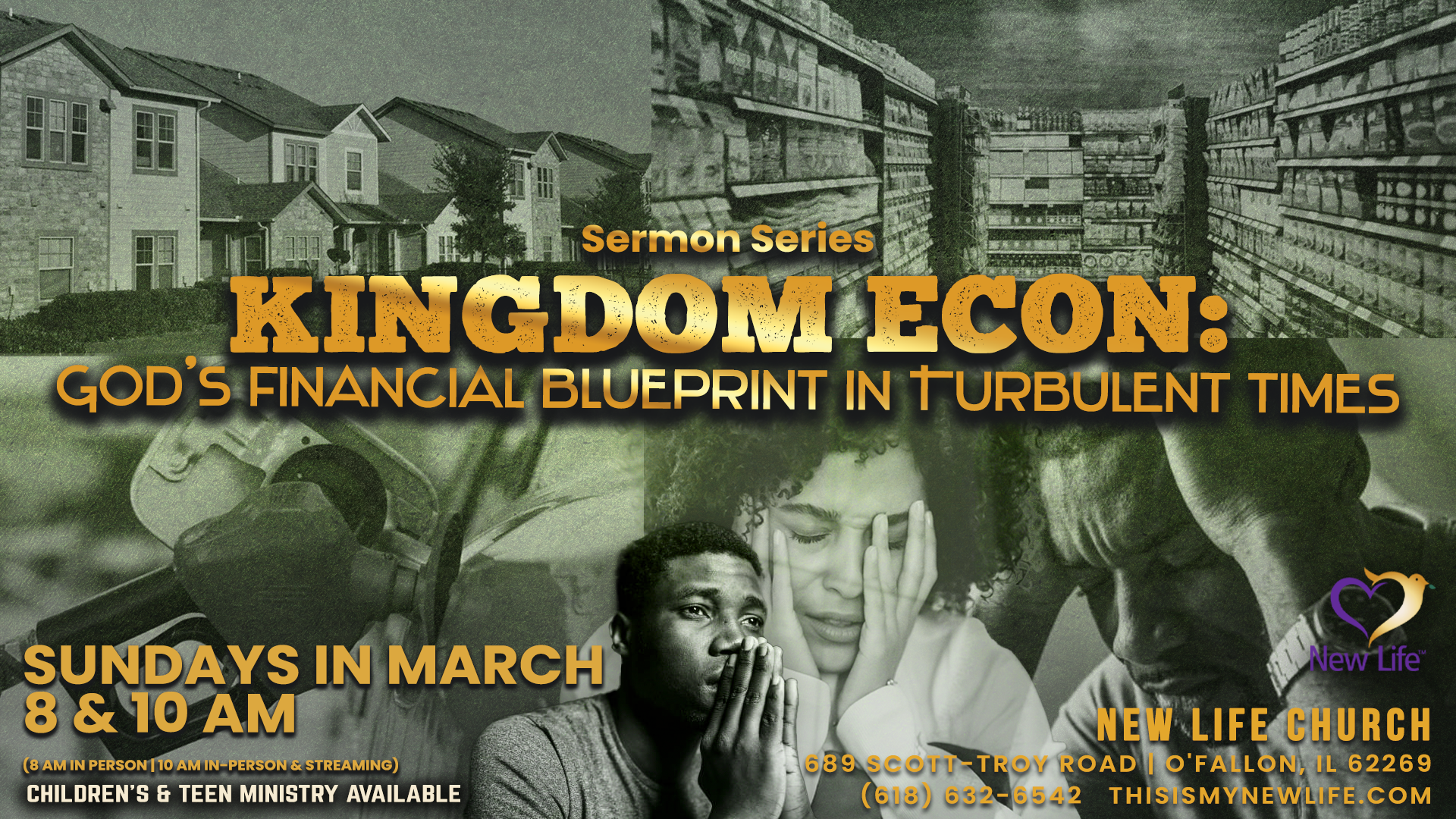April 24th Walk Through The Bible - Isaiah
Isaiah – Walk Through The Bible Outline

Isaiah – Walk Through The Bible Outline – Elder Vic Hayes
Prophecy, in the predictive sense, is a declaring of the future which can only be by the direct
inspiration of God (See Isaiah 2:1, "The Word that Isaiah saw"). This is what Isaiah son of Amoz saw concerning Judah and
Jerusalem:
The supreme example is the Messiah-Prophet as described by the Lord God in Deuteronomy 18: 15
The Lord your God will raise up for you a prophet like me from among you, from your fellow Israelites. You must listen to him.
Also Acts 3:22-23 - 22 For Moses said, ‘The Lord your God will raise up for you a prophet like me from among your own people; you
must listen to everything he tells you. 23 Anyone who does not listen to him will be completely cut off from their people
The test of a prophet is found in Deuteronomy 18: 22 If what a prophet proclaims in the name of the Lord does not take
place or come true, that is a message the Lord has not spoken. That prophet has spoken presumptuously, so do not be alarmed.
The Central Message of Isaiah
"A throne" (Isaiah 6:1 In the year King Uzziah died – I saw the Lord high and lifted up) — "A lamb" — (Isaiah 53: 7 He was
oppressed and afflicted, yet he did not open his mouth; he was led like a lamb to the slaughter, and as a sheep before its shearers is
silent, so he did not open his mouth.).
"A Lamb — in the midst of the throne"; — (Rev 7: 17 For the Lamb at the center of the throne will be their shepherd; ‘he
will lead them to springs of living water.’ ‘And God will wipe away every tear from their eyes.’
How to Remember the 66 Chapters
1. Isaiah has 66 chapters — The Bible has 66 books.
•Isaiah has two main divisions — the first of 39 chapters...the second of 27 chapters.
•So, the Bible has two main parts — the Old Testament of 39 books and the New Testament of 27 books.
1. The prevailing note in the first division of Isaiah is judgment.
2. The prevailing note in the Old Testament is law.
3. The prevailing note in the second division of Isaiah is comfort.
4. The prevailing note in the New Testament is grace.
Isaiah's call to the Prophetic Office: Isaiah 6:1-13
• He got a vision of God - Isaiah 6:1-4
•That produced conviction and confession — verse 5
• He was forgiven and cleansed — verses 6-7
•He heard God's call and He offered Himself for service — verse 8
• He was commissioned to serve — verses 9-13 9
Isaiah, the Evangelical Prophet (Isaiah 53 proves that)
a. He came in lowliness —"A root out of a dry ground" — Isaiah 53:2
Romans 15: 12 And again, Isaiah says, “The Root of Jesse will spring up, one who will arise to rule over the nations; in
him the Gentiles will hope.” and
Isaiah 11:1 - A shoot will come up from the stump of Jesse; from his roots a Branch will bear fruit.
b. He was "despised and rejected of men" - Isaiah 53:3
Matthew 27:30-31 - 30 They spit on him, and took the staff and struck him on the head again and again. 31 After they had mocked him,
they took off the robe and put his own clothes on him. Then they led him away to crucify him.
c. He suffered for us — "He was wounded for our transgressions' — Isaiah 53:5
1 Peter 2: 24 “He himself bore our sins” in his body on the cross, so that we might die to sins and live for righteousness; “by his wounds
you have been healed.”
d. God placed on Him the vicarious (substitute — to suffer for another) suffering for us — 'The Lord
bath laid on Him the iniquity (sin) of us all" — Isaiah 53:6
Matthew 8: 17 This was to fulfill what was spoken through the prophet Isaiah: “He took up our infirmities and bore our diseases.”
e. "He was afflicted, yet He opened not His mouth" — Isaiah 53:7
Acts 8:32-33 - 32 This is the passage of Scripture the eunuch was reading: “He was led like a sheep to the slaughter, and as a lamb
before its shearer is silent, so he did not open his mouth. 33 In his humiliation he was deprived of justice. Who can speak of his
descendants? For his life was taken from the earth.
f. He died as a felon — "He was taken from prison and judgment" — Isaiah 53;8
Acts 4:27-28 - 27 Indeed Herod and Pontius Pilate met together with the Gentiles and the people of Israel in this city to conspire
against your holy servant Jesus, whom you anointed. 28 They did what your power and will had decided beforehand should happen
g. He was guiltless."He had done no violence" — Isaiah 53:9
See 1 Peter 2: 22 “He committed no sin, and no deceit was found in his mouth
h. "My servant shall justify many" — Isaiah 53:11
See Romans 5: 15 But the gift is not like the trespass. For if the many died by the trespass of the one man, how much more did God’s
grace and the gift that came by the grace of the one man, Jesus Christ, overflow to the many!
i. "He poured out His soul into death"— Isaiah 53:12
See Romans 3:25 - 25 God presented Christ as a sacrifice of atonement, [a] through the shedding of his blood—to be received by faith. He
did this to demonstrate his righteousness, because in his forbearance he had left the sins committed beforehand unpunished—
j. "He was numbered with the transgressors" — Isaiah 53:12
See Matthew 27:38 - 38 Two rebels were crucified with him, one on his right and one on his left.
k. "He bare the sin of many" — Isaiah 53:12
See 1 Peter 2: 24 “He himself bore our sins” in his body on the cross, so that we might die to sins and live for righteousness; “by his
wounds you have been healed.”
1. "Made intercession for the transgressors" — Isaiah 53:12
See Luke 23: 34 Jesus said, “Father, forgive them, for they do not know what they are doing.”[a] And they divided up his clothes by
casting lots.
1. "Made intercession for the transgressors" — Isaiah 53:12
See Luke 23: 34 Jesus said, “Father, forgive them, for they do not know what they are doing.”[a] And they divided up his clothes by
casting lots.
